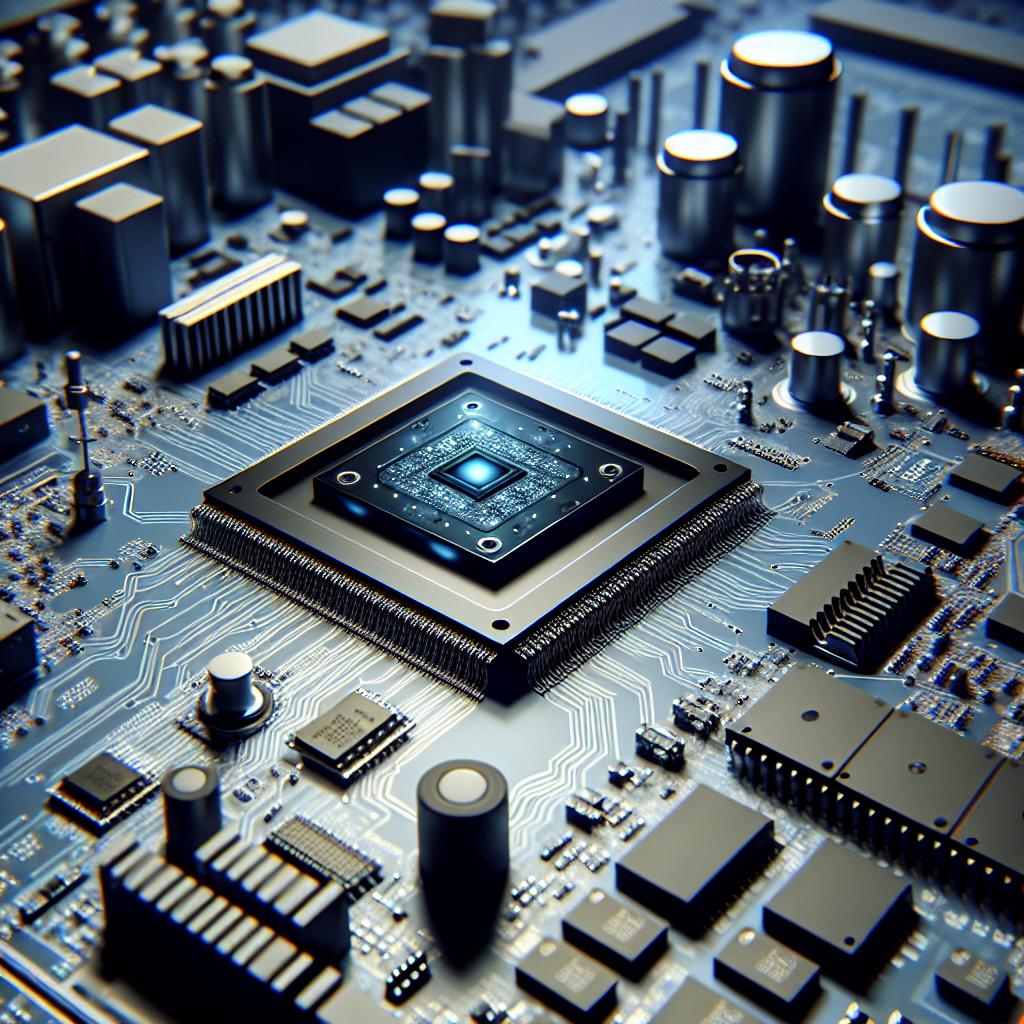In a groundbreaking step forward in quantum computing, Microsoft has announced the debut of its Majorana 1 chip. This development marks a significant milestone in the quest to harness the power of quantum mechanics for computational purposes. The Majorana 1 chip utilizes unique properties of quantum physics to perform complex calculations that are currently beyond the reach of classical computing systems.
Understanding Quantum Computing
Quantum computing leverages the principles of quantum mechanics, operating with quantum bits or qubits. Unlike classical bits that represent a 0 or a 1, qubits can be in superpositions, representing both 0 and 1 simultaneously. This allows quantum computers to process information at unprecedented speeds, capable of solving intricate problems in seconds that might take classical supercomputers years.
The Majorana Particle and Its Significance
The Majorana 1 chip is named after the Majorana particle, a theoretical entity that is its own antiparticle. This unique property makes it ideal for creating stable qubits that can maintain coherence over longer periods. Stability is a major challenge in quantum computing, as qubits are highly sensitive to external noise, which can cause errors in calculations.
Through the use of Majorana particles, Microsoft aims to develop topological qubits that are more resistant to decoherence. This means more reliable computations with fewer errors, which is essential for practical and scalable quantum computing solutions.
Microsoft’s Vision for Quantum Computing
Microsoft has been a significant player in the field of quantum computing, investing in both the development of quantum hardware and creating software solutions to make quantum programming more accessible. The introduction of the Majorana 1 chip represents a step towards Microsoft’s vision of “quantum at scale,” where quantum computers could revolutionize fields such as cryptography, materials science, and drug discovery.
Potential Applications of Majorana 1
- Cryptography: Quantum computers have the potential to crack current cryptographic codes, pushing for the need for quantum-safe encryption.
- Material Science: Enabling simulations of molecular interactions at an atomic level, discovering novel materials with unique properties.
- Drug Discovery: Speeding up the process of discovering new drugs by modeling complex biochemical interactions accurately.
Challenges Ahead
Although the advent of the Majorana 1 chip is a leap forward, quantum computing still faces several hurdles. Scaling up the number of qubits while maintaining coherence is one such challenge. Additionally, error correction and the reduction of quantum noise are vital areas of ongoing research.
Nonetheless, with companies like Microsoft at the forefront, the future of quantum computing looks promising and is on a path towards practical application.
The Future of Quantum Computing
As quantum technology advances, it is expected to revolutionize industries, much like classical computers did in the past century. The innovation of the Majorana 1 chip sets a precedent and provides a foundation upon which further advancements in both hardware and software can be realized.
Ultimately, the integration of quantum computing into mainstream technology could lead to solutions for currently unsolvable problems, profoundly impacting our technological capabilities and scientific understanding.
For more detailed information, please refer to the original source.

Hozzászólások